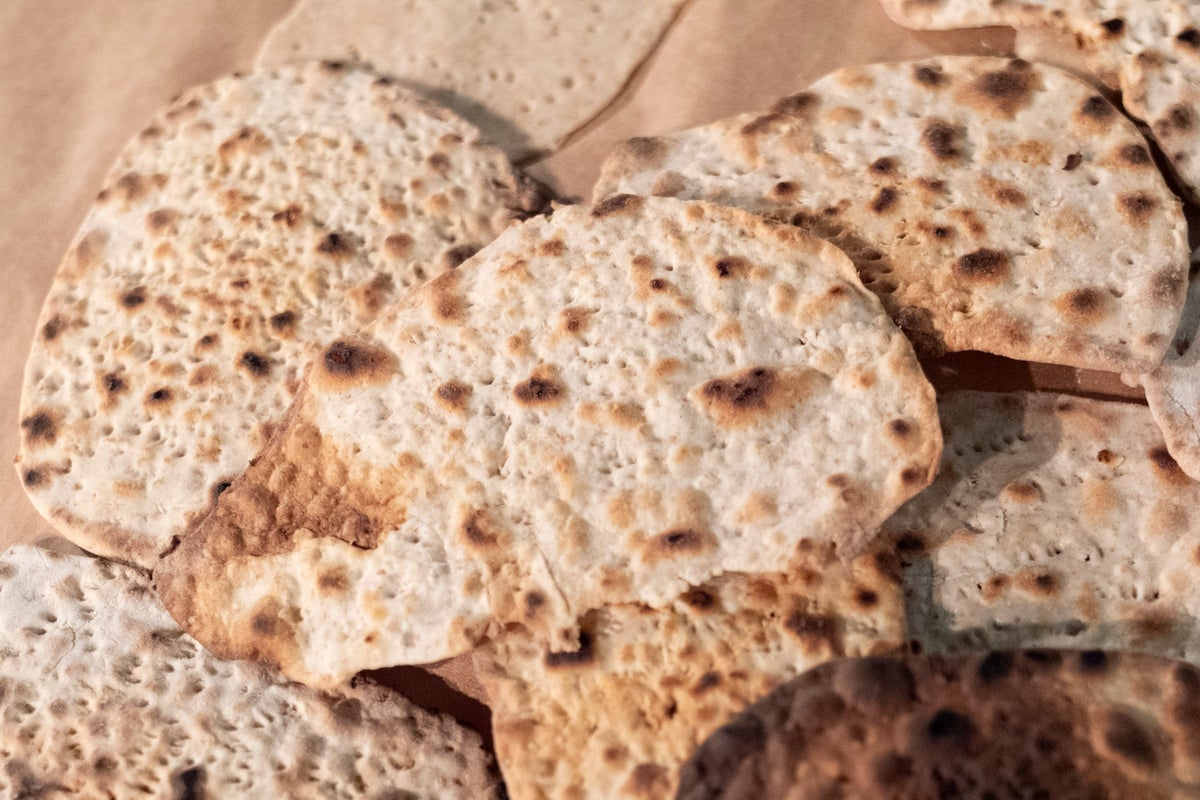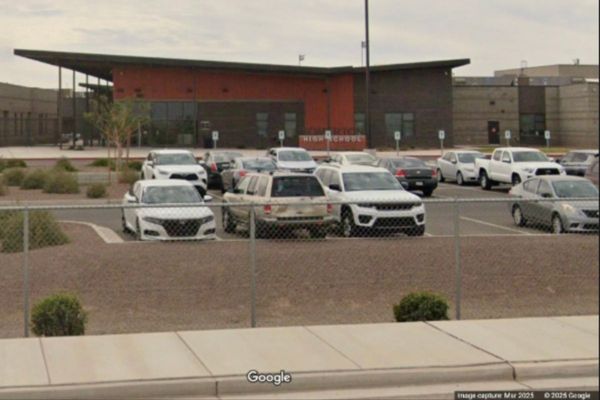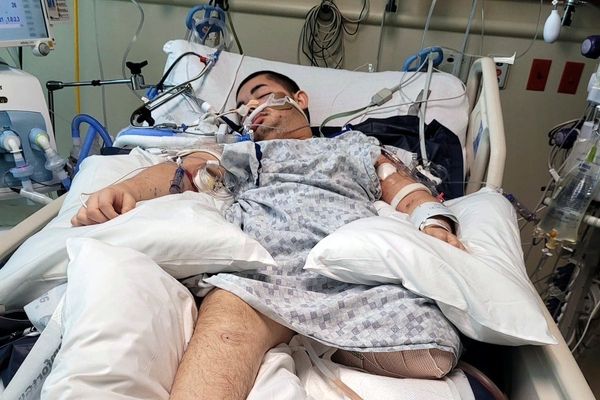
Passover is a major Jewish holiday, celebrated over seven or eight days each year, commemorating the exodus of ancient Israelites from slavery in Egypt, as recounted in the Bible. It is considered the most widely observed of any Jewish holiday, symbolizing freedom and the birth of a Jewish nation.
This year, the celebrations again occur amid anxieties and divisions among many Jews related to the unresolved Israel-Hamas conflict in Gaza and the specter of widespread antisemitism.
When is Passover this year?
Passover — known as Pesach in Hebrew — begins at sunset on Saturday, April 12, and ends after nightfall on Sunday, April 20. By tradition, it will be celebrated for seven days in Israel and for eight days by some Jews in the rest of the world.
What are key Passover rituals and traditions?
For many Jews, Passover is a time to reunite with family and recount the exodus from Egypt at a meal called the Seder. Observant Jews avoid various grains known as chametz, a reminder of the unleavened bread the Israelites ate when they fled Egypt quickly with no time for dough to rise. Cracker-like matzo is OK to eat; most breads, pastas, cereals, cakes and cookies are off-limits.
What's different this year?
A year ago, for many Jews, any celebratory mood was muted by the scores of hostages captured by Hamas in Israel and held in Gaza. Many Seder tables, in Israel and elsewhere, had empty seats, representing those killed or taken hostage on Oct. 7, 2023.
Even after the recent release of some hostages, others remain held. Hopes for a formal end to conflict have been dampened by the collapse of a ceasefire and resumption of fighting.
As was the case last year, there also is intense concern in some countries about a high level of antisemitic incidents.
More than 10,000 antisemitic incidents in the United States were reported between Oct. 7, 2023, and Sept. 24, 2024 — the most ever recorded by the Anti-Defamation League.
The Secure Community Network, which provides security and safety resources to hundreds of Jewish organizations and institutions across North America, has been issuing frequent advisories ahead of Passover.
Specifically, the group has warned of possible threats from white extremist groups, including some organizing along the U.S.-Canada border. SCN said key extremist anniversaries, including Hitler’s birthday on April 20, coincide with the holiday, raising concerns about the risk of violence targeting Jewish communities.
One notable change this year: Pro-Palestinian protests that roiled many college campuses in spring 2024 have been fewer and less disruptive, in part because of Trump administration pressure.
“Since January there has been a marked change in the seriousness with which hate on campus is being dealt by the federal government as they set out clear consequences to the previous inaction of university leaders," said Rabbi Moshe Hauer, executive vice president of the Orthodox Union.
However, some Jewish leaders have been dismayed by the Trump administration's threats and funding curbs directed at universities it considered too tolerant of antisemitism.
“None of this is about fighting antisemitism,” Amy Spitalnick, CEO of the Jewish Council for Public Affairs, said in a social media post. “It’s about gutting our education institutions and democracy under the guise of fighting antisemitism. And it ultimately makes Jews less safe.”
What special events are taking place?
The Jewish Federation of Greater Los Angeles and the city’s Museum of Tolerance are hosting a special Seder for interfaith leaders and community members directly affected by recent wildfires. Organizers invited various first responders, civic leaders and elected officials, seeking to honor “the spirit of community resilience and the enduring strength of togetherness.”
The fires destroyed or damaged dozens of houses of worship and other faith-based facilities.
Interfaith Seders have been organized in many other cities, including Houston, Dallas, New York, Phoenix, and Milwaukee.
“We understand that now more than ever, Jewish communities across North America must open their doors to forge stronger friendships," said Rabbi Joshua Stanton, Jewish Federations associate vice president of interfaith and intergroup initiatives.
The New York-based Met Council, a Jewish nonprofit operating various anti-poverty programs, says it has delivered free kosher-for-Passover food to more than 250,000 Jewish Americans burdened by skyrocketing grocery costs. The packages, distributed at 185 sites in New York, New Jersey, Connecticut and Florida, included traditional Passover essentials such as matzo, kosher chicken, gefilte fish, tuna, and grape juice.
Chabad-Lubavitch, a global Hassidic Jewish organization, plans a parade of more than 100 converted RVs known as “Mitzvah Tanks” through New York City's streets. The aim, says Chabad, is “to spread kindness and celebrate Jewish heritage,” as well as distributing traditional matzo.
___
Associated Press religion coverage receives support through the AP’s collaboration with The Conversation US, with funding from Lilly Endowment Inc. The AP is solely responsible for this content.
US restores urgent food aid but not in Afghanistan and Yemen, where millions need it
Israeli strike on Gaza apartment building kills at least 23, officials say
Madagascar risk losing 60,000 jobs in Trump’s tariffs
Ken Paxton, Texas AG and MAGA favorite, will challenge GOP incumbent
‘Unruly passenger’ causes American Airlines flight to Italy to turn back







